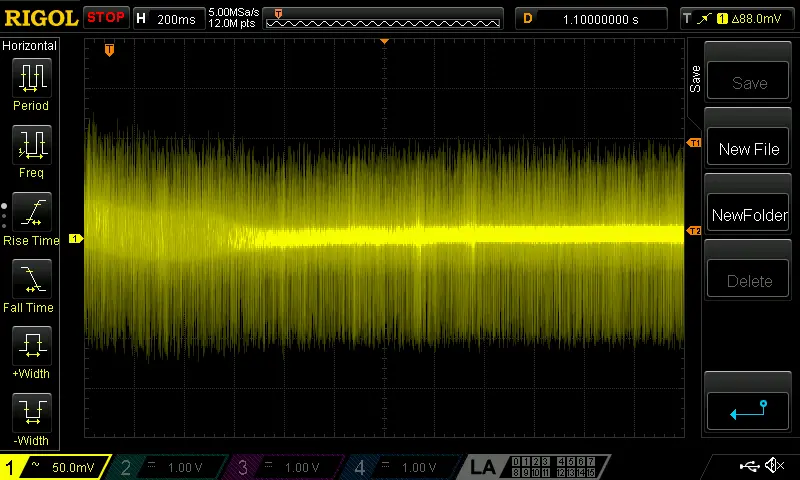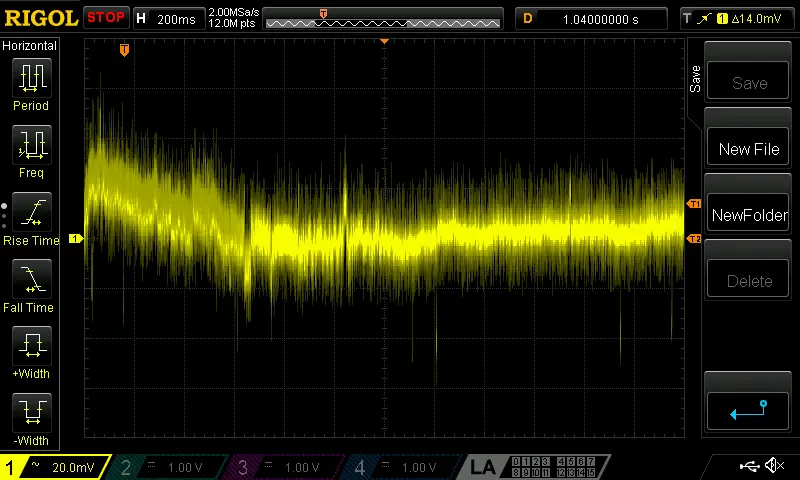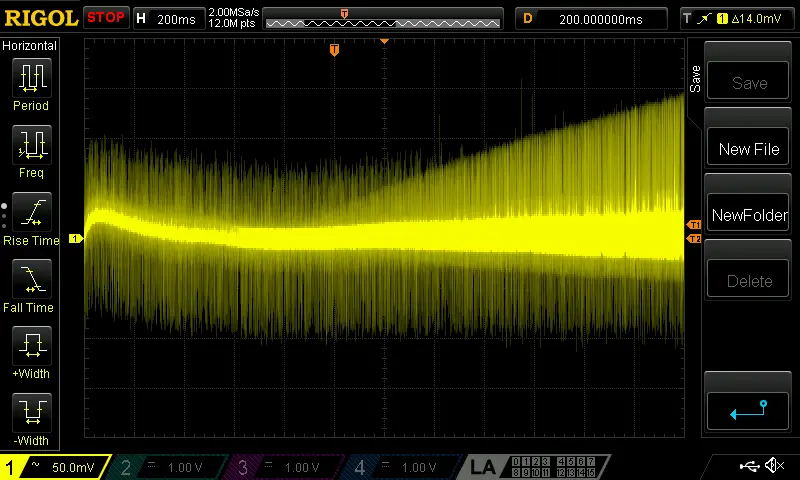Can you run and plot a frequency sweep?
Ask Electronics
For questions about component-level electronic circuits, tools and equipment.
Rules
1: Be nice.
2: Be on-topic (eg: Electronic, not electrical).
3: No commercial stuff, buying, selling or valuations.
4: Be safe.
Well I guess, I've got a sweeping function gen and a 4ch DSO... I'm gonna look into that and get back.
Caveat: my engineering diploma in embedded electronics is 10 years old, and it's been awhile since I've done more than just the odd solder job. So it's going to take a little while.
@[email protected] when you say "plot a frequency sweep" what you're looking for is just the usual voltage/time graph from a scope? No resistance in parallel to the capacitor for discharge? No fixed resistance in series? No x/y graphing funny business?
Or are you looking for a bode plot? I was hesitant in my first response because I thought I remembered Dave doing a bode plot with a sweeping gen and a scope, but I wasn't sure if I could find it. I could https://m.youtube.com/watch?v=uMH2hGvqhlE
I think I've managed to do what you asked, let me know if I messed it up.
I got my function gen to do 6.1-12 in two decades x100 and x1000. The sweeps are almost linear after the first 500ms, meaning that each horizontal division of each 200ms denotes the following:
| Timemark | Frequency |
|---|---|
| 0 | 6.1kHz |
| 200ms | 6.1kHz |
| 400ms | 6.1kHz |
| 600ms | 10.2kHz |
| 800ms | 22.7kHz |
| 1000ms | 36.2kHz |
| 1200ms | 50kHz |
| 1400ms | 64.1kHz |
| 1600ms | 78.1kHz |
| 1800ms | 92.6k |
| 2000ms | 106kHz |
| 2200ms | 119kHz |
With all that said here's the data
Replacement cap 610-12k

Original cap 610-12k

Replacement cap 6.1k-120k

Original cap 6.1k-120k
